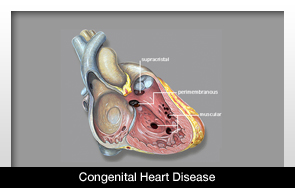Dental Hygiene Essential for Congenital Heart Disease Patients
Many congenital heart disease patients are seeing their risk of endocarditis increase. One reason stands out above others: poor dental hygiene.
Teens with congenital heart disease floss and brush less than other people and they visit the dentist less as well. Conversely, they take better care of their health in regards to alcohol consumption, smoking and drug usage.
Adults with single ventricle physiology also have be known to have worse dental hygiene routines when compared to their peers even though their health in other areas is superior.
This information was presented at the Annual Spring Meeting on Cardiovascular Nursing in Copenhagen, Denmark.
To compile the data, 429 adolescents with congenital heart disease ages 14 to 19 were studied. Nearly all of them were matched up with a control of the same age and gender that did not have congenital heart disease. They completed questionnaires that asked various health-related questions.
A second study was conducted for people ages 16 to 48 with single ventricle physiology. Among this group, 20 percent didn’t visit a dentist in the last year, 46 percent were not flossing their teeth and 39 percent were not physically active.
One of the conclusions drawn from the research is the idea that daily dental hygiene may be the most important step for preventing endocarditis.
